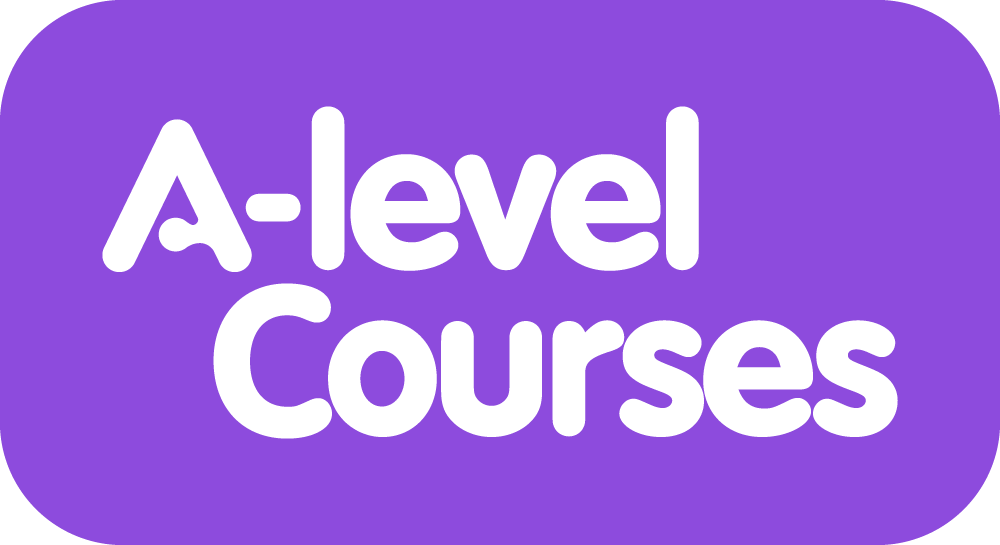250 – 300 Study Hours
Level 3 Difficulty
Up to 56 UCAS Points
Edexcel Awarding Body
Course Overview
You will be required to complete the three standard written exams.
Official exams
- Paper 1 Advanced Biochemistry, Microbiology and Genetics 1 hour 45 mins 30%
Paper 2 Advanced Physiology, Evolution and Ecology 1 hour 45 mins 30%
Paper 3 General and Practical Principles in Biology 2 hours 30 mins 40%
Assignments
During your course, you’ll be required to complete a number of assignments
These do not contribute towards your final grade but provide you with an opportunity to submit work to your tutor for marking and feedback. This will help you to gauge your progress as you work through the course.
Course Content

- Awarding body: Edexcel
- Our course code: X910W
- Qualification code: BIO2
Edexcel is the UK’s largest awarding organisation offering academic and vocational qualifications in schools, colleges and work places in the UK and abroad. They have been helping people succeed in life through learning for nearly 2 decades. Edexcel is a multinational education and examination body.
Entry Requirements
It is strongly recommended that you have the following GCSE or equivalent in Biology (minimum grade 5-6 / grade B) and Chemistry (minimum grade 4 / grade C) OR Double or Triple Science (minimum grade 5-6 / grade B) and Maths (minimum grade 4 / grade C).
Why Distance Learning?
With online A-level study, you’ll sit the same exams and earn the same qualifications as you would in a traditional school setting, but with the flexibility to study when and where it suits you.
Your final results and transcript will be identical to those of students who studied in a classroom, ensuring your A-levels are fully recognised and respected by colleges, universities, and employers worldwide. Whether you’re looking to broaden your subject choices, balance study with other commitments, or take control of your learning, distance learning gives you the freedom to achieve your academic goals on your terms.
Frequently Asked Questions
Related Courses
-
A-level Psychology
£495.00 -
A-level Biology
£495.00 -
A-level Business Studies
£495.00 -
A-level Chemistry
£495.00 -
A-level Classical Civilisation
£495.00 -
A-Level Economics
£495.00 -
A-level English Language
£495.00 -
A-level French
£495.00 -
A-level Further Maths
£495.00 -
A-level History
£495.00 -
A-level Law
£495.00 -
A-level Maths
£495.00














